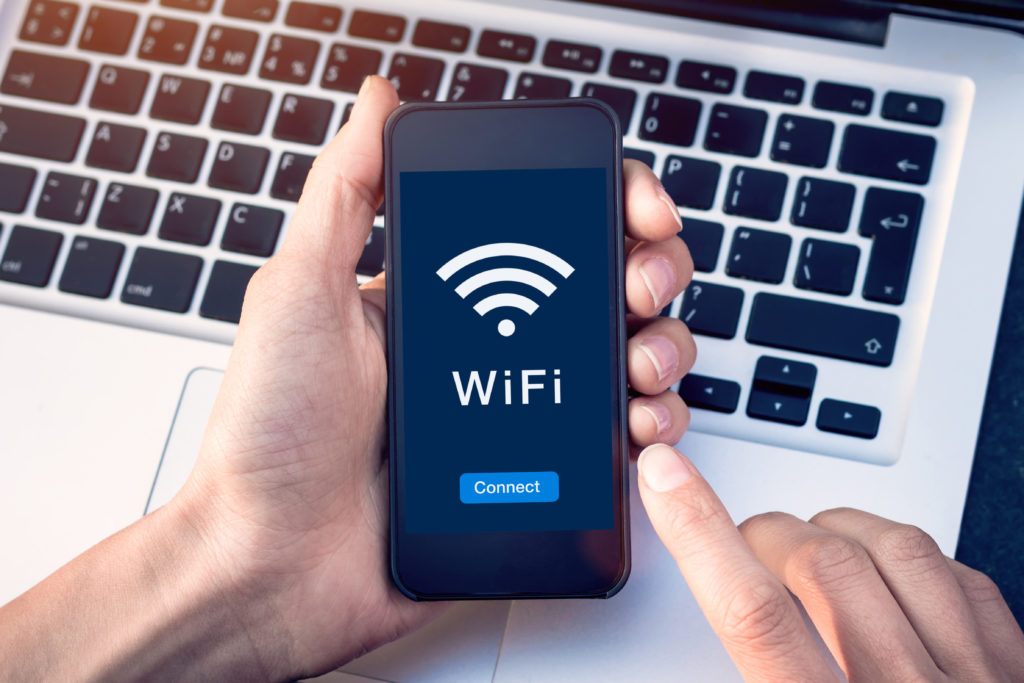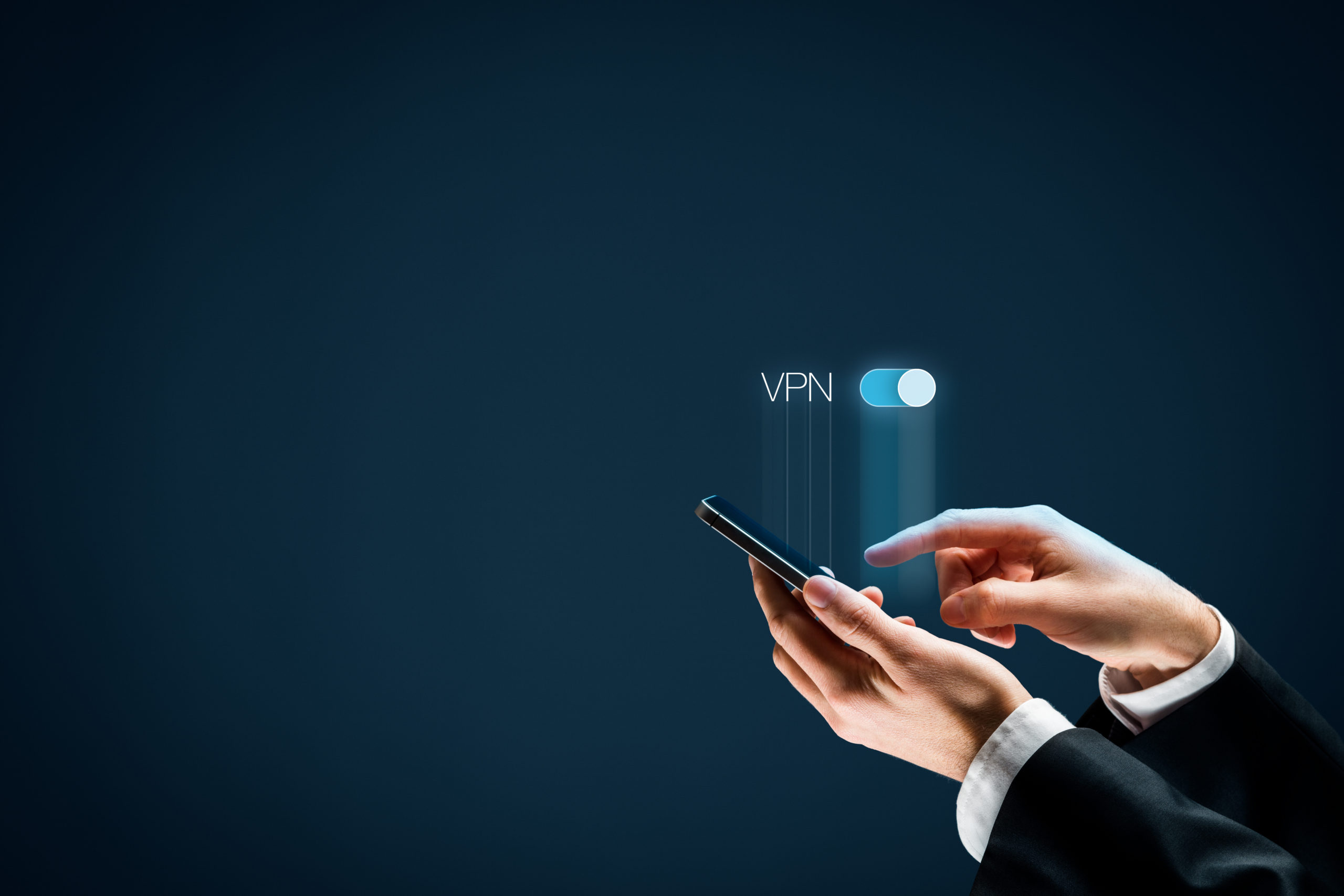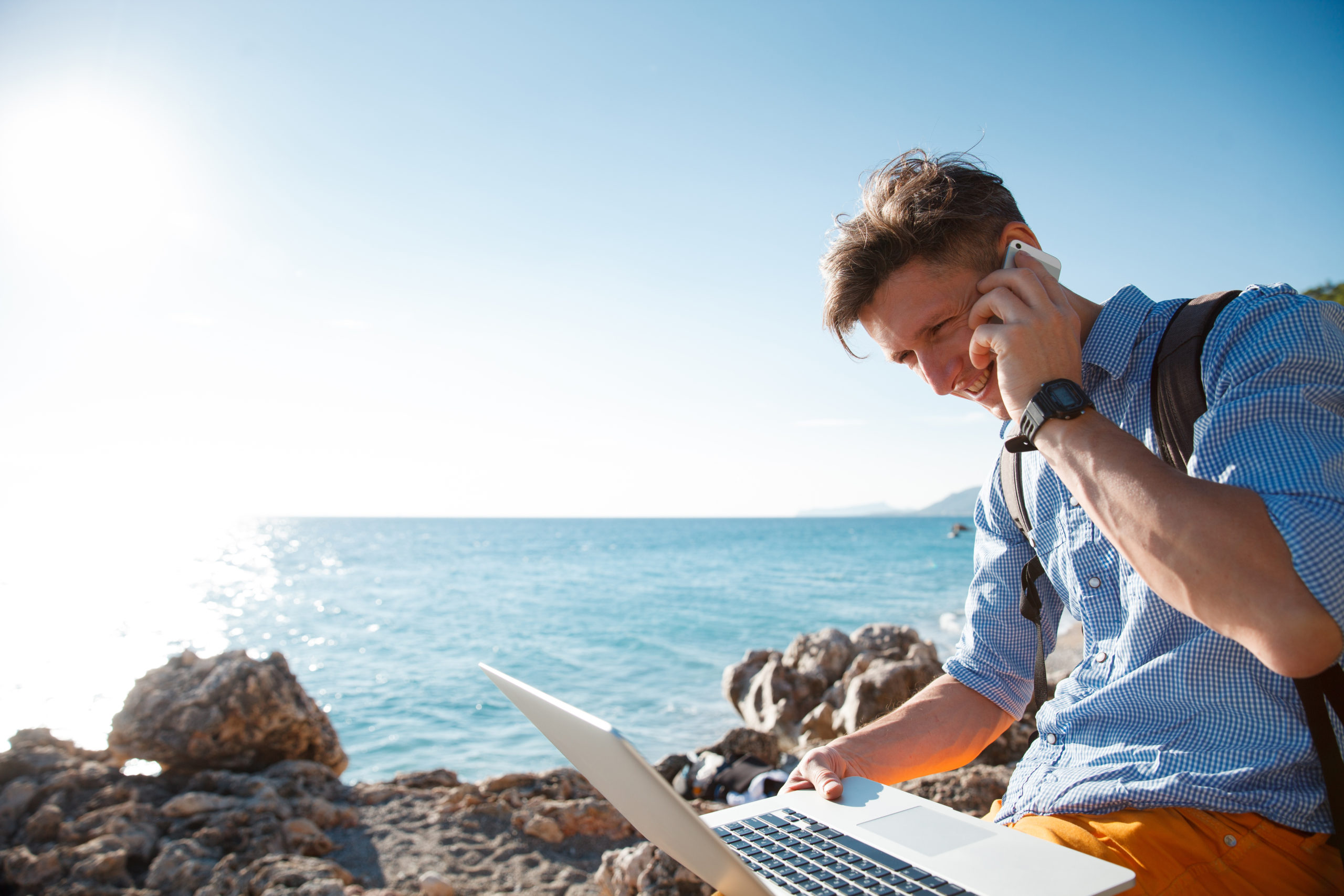The importance of using a VPN in hotels. Full security guide
Is there any risk in using wireless internet in hotels for banking and e-mail? Is using https or VPN useful?
In short, we do not recommend unsecured surfing on hotel Wi-Fi, as it is not particularly secure, like any other public Wi-Fi network. Hotel Wi-Fi is arguably the least secure type of public Wi-Fi, due to the large number of people accessing it and the lax approach to Wi-Fi security that hotels often take in leisure destinations.

Different levels of data protection in hotels
- Using the hotel’s Wi-Fi without any protection is not recommended at all, except for the most basic and less secure browsing (do not enter passwords or sensitive data).
- Choosing the hotel’s Wi-Fi with the green HTTPS padlock is slightly more secure, but it is not yet recommended as it can still be hacked by anyone who knows what they are doing.
- Using hotel Wi-Fi with a VPN is safe and recommended at all times, as a VPN protects your personal data and is almost impossible to hack.
The dangers of using unsecured Wi-Fi in hotels
Hotel Wi-Fi is just another form of public Wi-Fi. In summary, it is not considered a very secure form of Wi-Fi compared to home networks, due to the large number of people who access it often and the lack of control the user has in terms of security, because someone else manages and controls the way the network is set up.
For obvious reasons, hotel Wi-Fi is often set up with customer service in mind, ease of access rather than security being the primary focus.
Hotels want guests to be able to connect to the Internet as easily and quickly as possible, and the result is often that these networks are not particularly secure or private.
For example, it’s not uncommon to see Wi-Fi passwords simply pinned to a hotel lobby, meaning anyone who walks into the lobby can write them down and use them to connect to the network.
This makes it easier to use but doesn’t make it particularly secure when anyone can just walk around and get the network password.
Anyone with access to the hotel’s Wi-Fi network who knows how to hack could potentially see what everyone else is doing on that same network. It can pose a significant security risk if people use Wi-Fi for personal things like email, banking, online payments, and social media. For an experienced hacker, it is relatively easy to execute a “Man in the Middle” type attack on an unsecured public Wi-Fi network, where he positions himself between the sender and the receiver and intercepts all the data broadcasted on the network.
Therefore, if you enter private passwords and information over an unsecured public Wi-Fi network, you risk having that data stolen from you or your accounts hacked.
Is using the green HTTPS padlock useful when using hotel Wi-Fi?
In theory, browsing with the green “secure” https padlock in the upper left corner of the browser should make your connection more secure.
This padlock essentially means that your connection is encrypted, meaning that all data sent over that connection is “scrambled” using algorithms that should make it more difficult to intercept and hack.
Any site you log into and / or enter sensitive data on should already have this green https padlock enabled by default. In this sense, some might argue that this should already be enough to protect you on a public Wi-Fi network. If all the big, important sites are already using the green lock, why do we need more, right?
However, in the modern world and for a hacker who knows what he is doing, it has now been shown that it is possible to hack this https protocol.
In summary, we do not recommend relying solely on the green https padlock to secure your data over hotel Wi-Fi.
While this may be an acceptable form of security on a small private home Wi-Fi network, on a large, easily accessible hotel network where a large number of complete strangers log in, it is not really enough to protect your personal data online.
HTTPS could be a good idea in a few scenarios
Here are some very limited cases where it may be acceptable to rely only on the green https padlock to use hotel Wi-Fi:
- When you are not logging in or entering personal data (eg credit card numbers, passwords, name, emails, etc.)
- Very simple and non-safety critical navigation (for example, to view weather forecasts or sports results).
- By using YouTube or another video site, as long as you do not enter your login password.
- If at any time you plan to enter site login details (email, banking, social media, shopping, etc.), it is recommended that you use a VPN.
Is a VPN indeed useful for public Wi-Fi?
Some people may wonder if a paid VPN service is really worth the money, especially if they don’t travel or use public Wi-Fi a lot. Is it really worth paying $3-6 a month to get a secure connection when they’ve never had problems with public Wi-Fi anyway?
In our opinion, a VPN is well worth it and should be seen as a small investment in return for the peace of mind and security of their valuable personal information.
Obviously, the value for money increases with use, which makes it particularly attractive to businessmen and other frequent travelers who use public Wi-Fi a lot.
Some people may want to try their luck on public Wi-Fi and aren’t too concerned about online security. Likewise, people who only use public Wi-Fi very occasionally can opt for a free VPN service.
So it’s best to think of a VPN as some sort of insurance against this sort of menace. By securing all connections on public Wi-Fi networks, a VPN massively reduces the risk of personal data theft online in hotels and other public places.
In today’s world, they should be an essential tool for protecting online privacy on public networks.
Choose the best VPN for secure browsing on hotel Wi-Fi
For the reasons we mentioned above, we believe it is essential in today’s world to use a VPN to access the internet over hotel Wi-Fi or over any public Wi-Fi network in general, such as in airports, cafes, restaurants, libraries, etc. This is especially needed for any type of navigation where you enter passwords to log in somewhere or enter any other personal information, such as map details.
You could say that for very simple browsing like weather forecasting and news you don’t need a VPN, but in reality most people use the internet for more than that, even on vacation.
At some point, they’ll log into their email, social media, or bank and so ideally need a Virtual Private Network.
A VPN is a software that creates a strong, secure, and encrypted connection to a wireless network, which means that all browsing on that network and your device are completely secure and private. No one else can see the pages you visit or the data you enter.
It is usually very easy to register for a VPN. All you need to do is visit the page, register, pay for your subscription, download the product and start using the program.
Once the program is launched, all you need to do is select a preferred server location and open the VPN connection. You then have a secure connection that no one else on that Wi-Fi network can see or access.
VPNs are virtually impossible to hack, even for experienced cybercriminals, and are an essential security tool for using any exposed Wi-Fi network, such as in hotels.

